For Brenda Kaiser, it all comes down to relationships.
Kaiser is a community outreach coordinator for the Safe and Abundant Nutrition Alliance, a collection of groups working to build a new regional food system in Western Eagle, Garfield and Pitkin counties. Since February, Kaiser and two other community outreach coordinators have been hard at work collecting the stories of more than 200 individuals and families in their communities who have food access challenges.
The end goal of all this story gathering? To turn their traditional way of operating on its head by starting with a community listening project rather than telling the community what it needs.
“Traditionally, we have always pushed agendas out. What’s really important about this project is that we’ve worked hard to create a closed loop of communication. One where we seek community input, distill that input, report back out to the community what we heard and allow them to react and then we work to implement policy solutions,” said Dana Wood, who is engaged with the effort through her role as a public health specialist at Garfield County Public Health.
At the ground level this means Kaiser is engaging people one-on-one and facilitate conversations to help identify the barriers they face in accessing food that they not only need but also would want. Then she works with them to identify immediate solutions as well as add their best thinking to a larger pool of stories that will ultimately result in the ideas that will be used for larger systems change.
The overarching effort is governed by a board made up of entities that have dedicated funds towards ultimately creating a new regional food system including the Pitkin County Department of Human Services, Garfield County Department of Human Services, Eagle County Department of Human Services, Garfield County Public Health, West Mountain Regional Health Alliance, Eagle Community Market, LIFT-UP, UpRoot Colorado and Food Bank of the Rockies.
The alliance is currently engaged in the next step of their effort which includes formulating a comprehensive, sustainable multi-year plan to strengthen the regional food system and improve food security, food equity and food access in our region.
Kaiser and her fellow community outreach coordinators’ contributions to this effort are central. It’s their on the ground story gathering efforts that will inform attempts to improve the availability of culturally relevant food, delivery access for those with mobility issues, greater access to Spanish language resources and all other elements of the plan.
For Kaiser, these contributions came one conversation at a time. They wouldn’t have happened without the relationships she holds and the trust given to her by the community. These conversations are deeply personal for most of the participants. She talks about how an initial interview that identified transportation as a barrier for one family’s ability to access food, ultimately became a deeper understanding of underlying health and mobility issues that were the true root of the problem. Those conversations come only when trust is present.
To collect the stories and provide ongoing support as a larger plan is built, the alliance has developed a number of tools beyond personal interviews aimed at helping. A large portion of the individuals they are serving are immigrants facing the stigmas and fears of our current national climate as the very first barrier to seeking help. To make it easier for these individuals, the alliance has for example developed a number of videos where community members are interviewed, often in Spanish, recipes are shared and safe resources are identified. These materials are posted on the alliance’s Facebook page where anonymous access is guaranteed.
Wood said it is her hope that the efforts of the community outreach coordinators change the fabric of the way alliance members think about how they make decisions and create systemic change. “The reality is often we make these choices without the true experts at the table. Those experts are people with lived experience and if we want to make real lasting change they cannot be left out of the conversation,” she said.
Visit the Safe and Abundant Nutrition Alliance Facebook page for resource ideas

